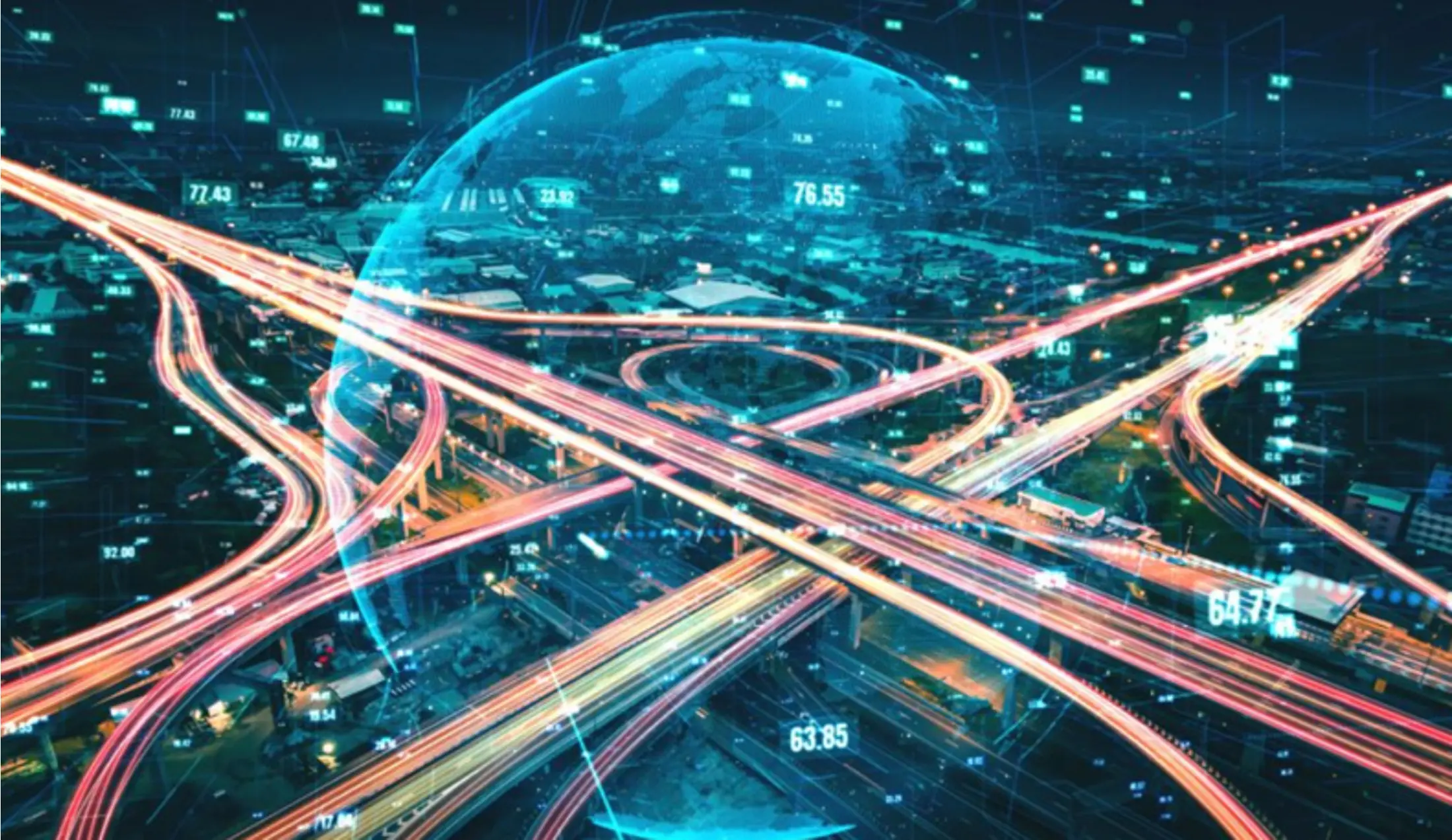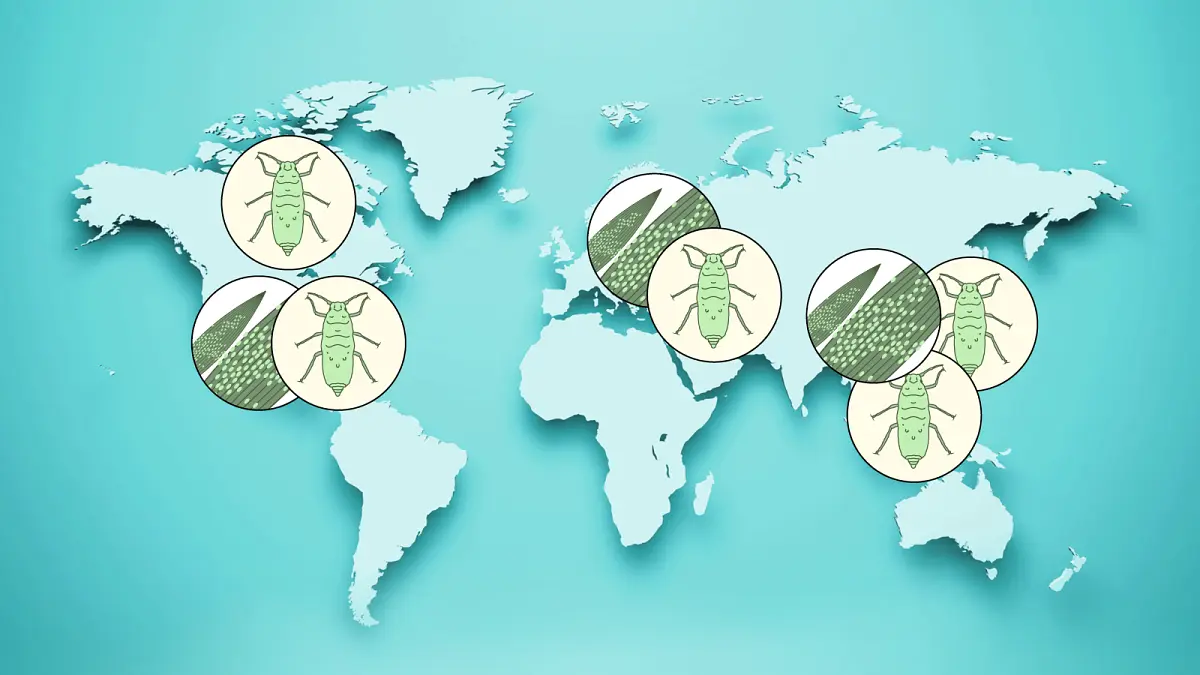New strategy to support skills development for the space and geoinformation sector
The EO4GEO Alliance has published a strategy to support skills development in the Earth Observation and Geoinformation (EO*GI) sector – an essential source of data and information to support the Sustainable Development Agenda and the Green Deal.
Earth observation and geographic information have the potential to provide tools, indicators, and measurements to understand, forecast, mitigate and tackle local and global climate change challenges. The vast amount of data and information collected by satellites or remote sensing devices through the EU Copernicus Programme can be used in multiple climate-related applications: monitoring forest fires, floods or urban heat islands or supporting decision making at a local, regional or national level to mitigate these risks and improve the liveability of our planet. However, this can only be achieved through a qualified workforce that understands the potential of the EO*GI sector and knows how to use its resources.
To address this skills gap, the EO4GEO Alliance has been working on upskilling and reskilling EU’s workforce in the Earth Observation and Geoinformation sector, resulting in the release of the Space/ Geoinformation Sector Skills Strategy. The strategic document’s vision is to foster growth within the sector by ensuring a workforce with the right skills, in the right place, at the right time – and defines the goals that will define a long-term action plan to address the skills needed by the sector.
According to the report: “A skilled and educated workforce will enable the [EO*GI] sector to attract high value, innovative and knowledge-based businesses, adapt more readily to the challenging technological environment and respond better to societal challenges.”
The report is a practical guide that aims to stimulate leadership in the sector, including high-level goals and strategic operational objectives for skills development. It aims to develop capacity and skills on Earth Observation and Geoinformation by fostering the uptake and integration of Copernicus data and services in end user applications.
The strategy further proposes skills development recommendations to unleash students’ and workers’ potential to become the innovators of tomorrow. The EO*GI sector is linked to many other domains that influence each other and are transforming rapidly (agriculture, energy, transport, local government, maritime, etc.): as a consequence, the knowledge, skills, and competencies that are required to help answer the challenges we face today need to adapt to change.
EO*GI is a key sector in achieving the objectives of the European Commission’s Green Deal and the Digital Strategy, as it is leveraging data and information to enforce laws on nature protection. The work undertaken by EO4GEO addresses various levels of education to promote the use of Earth observation and geographic information in Europe and to ensure that the available data is integrated into climate services for citizens, businesses, organisations and local and national authorities.
Download the report at the following link. For more information, please contact info@earsc.org
EARSC, through the Horizon 2020 project (EO4GEO), has led the sector skills strategy to support skills development for Earth Observation and Geoinformation (EOGI) – an essential source of data information for climate change mitigation and adaptation. EO4GEO is an Erasmus+ Sector Skills Alliance gathering 25 partners from 13 EU countries embracing an Alliance of more than 50 Associated partners from the academy, research, public or private sector. EO4GEO aims to bridge the skills gap between the supply and demand of education and training in the space/geospatial sectors, fostering the uptake and integration of space/geospatial data and services in a broad range of application domains. More info at www.eo4geo.eu.







